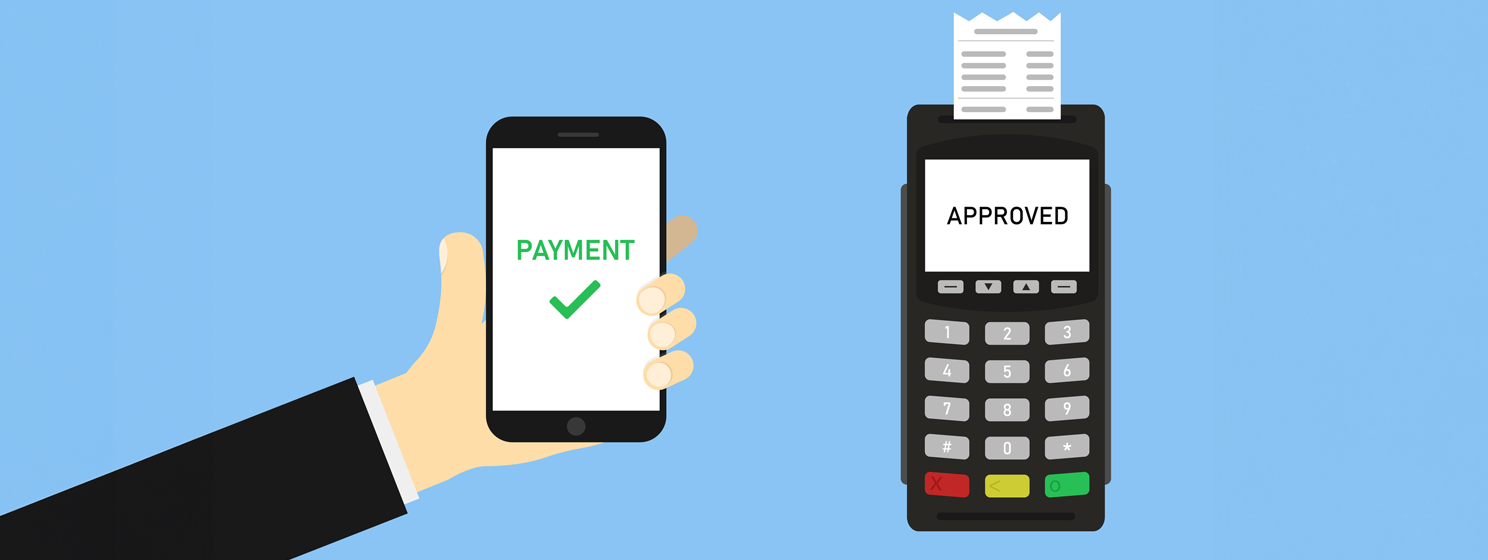|
Getting your Trinity Audio player ready...
|
Digital asset companies operating in the U.S. state of Hawaii will no longer require a Hawaii-issued money transmitter license to conduct business, according the results of collaborative research project, the Digital Currency Innovation Lab (DCIL).
Conducted by the Hawaii Department of Commerce and Consumer Affairs (DCCA) Division of Financial Institutions (DFI) and the Hawaii Technology Development Corporation (HTDC), the DCIL project began in 2020 to explore the landscape of digital asset activity in the state, while assessing the regulatory framework required for companies specializing in the area.
Specifically, the project studied whether the “Hawaii-issued money transmitter license” was appropriate for the transaction activity, whether the industry should be regulated, and, if regulated, what the regulation would include to protect consumers.
The project initially spanned a two-year term, during which digital asset firms were invited to participate while providing information regarding their operations to the DFI and HTDC. A two-year extension was announced in 2022, and the project concluded on June 30, 2024.
According to the DCCA, a state government regulatory body tasked with consumer protection, the findings from the project indicated that digital asset firms would no longer require a money transmitter license to conduct business within the state, and can continue transaction activity as unregulated businesses.
“The research project revealed that the activities conducted by digital currency companies did not align with the concept of money transmission as outlined in Chapter 489D of the Hawai‘i Revised Statutes,” said the DCCA. “DFI worked with the industry, both participants and the larger industry companies, to propose a special digital currency licensing scheme during the initial term of the DCIL and during the subsequent two-year extension but were unable to provide one that provided sufficient protections for consumers.”
A Hawaii-issued money transmitter license is a legal authorization granted by the DFI, permitting an entity to engage in money transmission activities within the state. It comes with various requirements and obligations, including submitting detailed information about the business, meeting minimum net worth requirements, maintaining detailed records of transactions, implementing anti-money laundering (AML) programs, and submitting regular reports to the DFI.
Before the creation of the DCIL, digital asset companies operating in Hawaii were required to obtain a money transmitter license to operate in the state, but—in what will likely be considered a win for the more regulation shy members of the digital asset ecosystem—as of the conclusion of the DCIL this was deemed unnecessary, or unworkable.
However, the DCCA was keen to point out that this was by no means a free pass to an unregulated crypto-wild west.
The regulator underscored that digital asset companies “will be responsible for complying with any applicable federal licensing or registration requirements, including those set forth by the Financial Crimes Enforcement Network (FinCEN), the Securities and Exchange Commission (SEC), and the Financial Industry Regulatory Authority (FINRA), as well as any pertinent federal regulatory requirements involving consumer protection, anti-money laundering measures, etc.”
The DCCA also emphasized the need for continued consumer caution regarding digital assets.
“As we transition from this study to a broader understanding of digital currency, our focus will remain on ensuring that consumers are aware of the risks associated with this matter. We urge the public to stay informed when utilizing any form of digital currency,” said Banking Commissioner Iris Ikeda.
The DCCA encouraged consumers to remain vigilant and proactive when dealing with digital asset companies and unregulated markets, offering three “tips to protect yourself”:
- Be wary of advertisements for digital asset recovery services. Research the company and beware if it uses vague language, has a minimal online presence, and makes promises regarding the ability to recover funds.
- If contacted by an unknown individual claiming to be able to recover stolen digital assets, do not release any financial or personal identifying information, and do not send money.
- Law enforcement does not charge victims a fee for investigating crimes. If someone claims an affiliation with the FBI, contact your local FBI field office to confirm.
Watch: Digital currency regulation and the role of BSV blockchain

 03-05-2026
03-05-2026 




